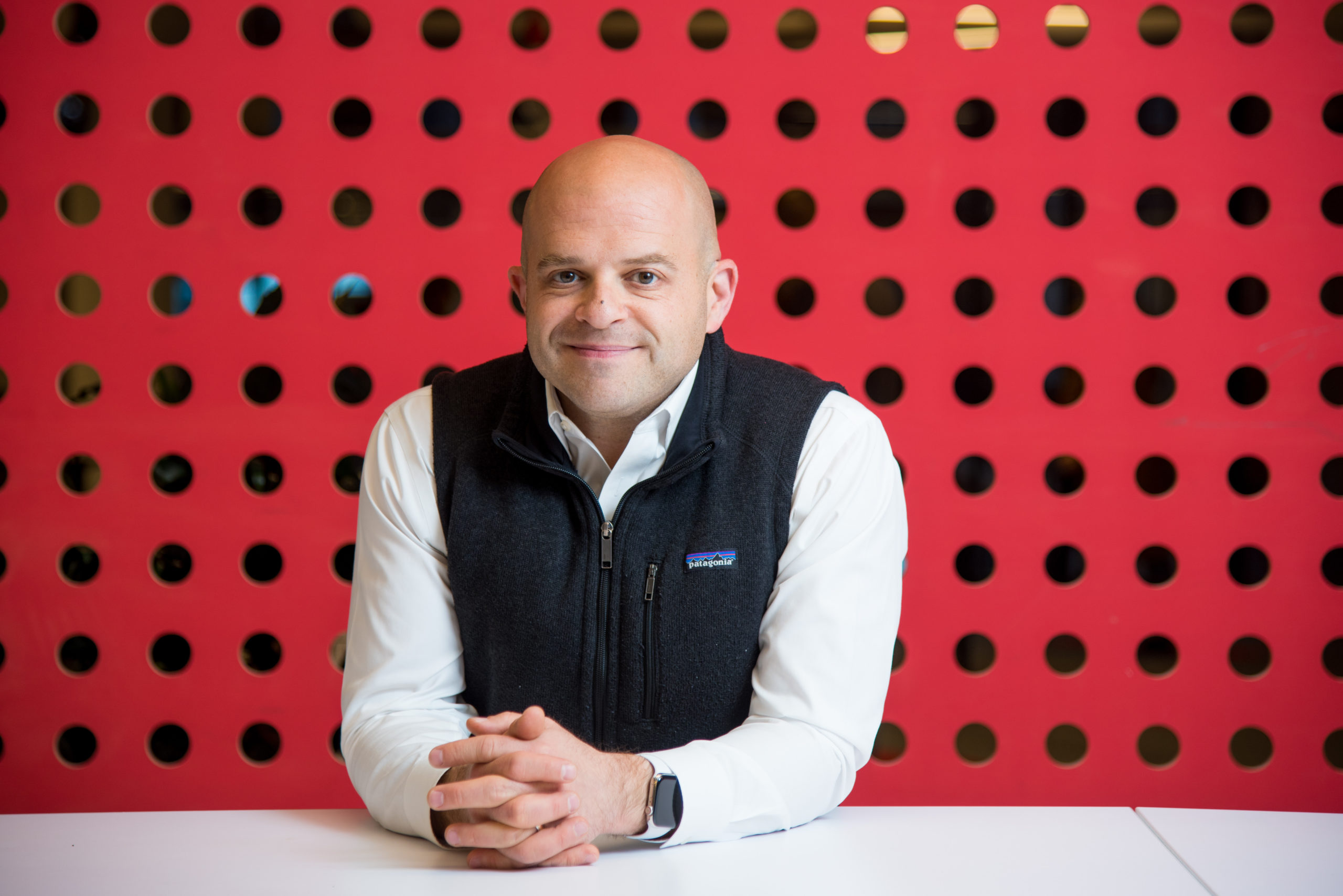
Jeff Lawson, CEO of Twilio.
*By Jeff Lawson
As I wrote “Ask the Developer”, I tried to be direct with some main ideas that I wanted to convey in the book. And one of the central messages of the work is very well presented in the section “How software people think”, one of the first chapters. I want to share this excerpt, with some new reflections, with you, the reader.
In a way, the great paradigm shift in thinking is contained in that sentence that gives the title to the chapter, because in my view, in order to prosper in the current digital age in which we live, it is necessary to cause disruption and prevent disruptions coming from your competitors , and the key to accomplishing this is to think like a “software person”, even though she is not exactly a developer person.
A software person, in this case, is defined as someone who, when faced with a problem, asks himself how software could solve that problem, and that is a mindset, a way of seeing the world, and not necessarily a set of skills that can be acquired simply by knowing how to develop software.
Having this mindset is what makes you look at the world optimistically, knowing that software can solve the business problems you face today and in the future. Computers are machines that have been evolving for decades, increasingly able to compute more and more of the real world. We started small, with basically sophisticated calculators, today we have virtual realities and artificial intelligence. Today we have extremely powerful computers in our pockets, always connected by the internet, but at the end of the day they are just more elaborate and capable versions of what we started with so many years ago.
This is due, in short, to this mentality of a software person. Something that should be more and more impactful as time goes by. Now the categories of problems that this mindset deals with grow bigger and bigger. Today it is possible to see a scenario with greater complexity and also with the inherent agility of the software.
With computational advances, we can apply software-based solutions to more and more real-world problems, hence the focus on business problems. They are real problems, they arise from the interaction between companies and their customers, and are usually noticed by consumers, whom we always need to listen to first, as they are at the center of this relationship.
An interesting story that I bring in the book talks precisely about how this worldview was decisive, for example, in the invention of the iPhone and smartphones in general. Since a cell phone was made with buttons, they could never change, it was a physical part of the device. On smartphones, the buttons are only there when you need them, and they can be updated, improved, given more functionality, but all via software. The hardware, in this case, is very rigid, tied to its time and need, unlike what we see in today's devices, which can do more and more, and still share spaces between features. This allows a smartphone to go global, speak languages that don't exist in the real world (like emoji), do more than the number button allows, etc.
Software, in general, gets smarter with each update. Errors are corrected, new customer demands are met and company innovations can be implemented, regardless of their branch. Disruption comes from seeing possibilities, precisely because a decision-maker seeks to see the world as a software person, or, at least, seeks to listen to those who see the world that way in search of advice to solve business problems and expand the horizons of what can be done. to reach.
All types of leaders can learn how to transform their companies into software organizations, who own and listen to those who have this mindset, and the first step is to internalize this concept, learn to change quickly, adapt.
These are the first steps of a longer discussion, but I imagine maybe I've at least made you curious to suddenly take a chance and "Ask the Developer" for more.
*Jeff Lawson is the co-founder and CEO of Twilio, as well as writing the book Ask the Developer – How to Unlock the Potential of Software Developers, Find Innovative Solutions, and Win in the 21st Century. The publication has just arrived in Brazil in Portuguese by publishing house Benvirá (R$49,90 – 312 p.).
This article is an adaptation of an excerpt from the book “Ask the Developer”, written by Jeff Lawson, made for dissemination purposes.













